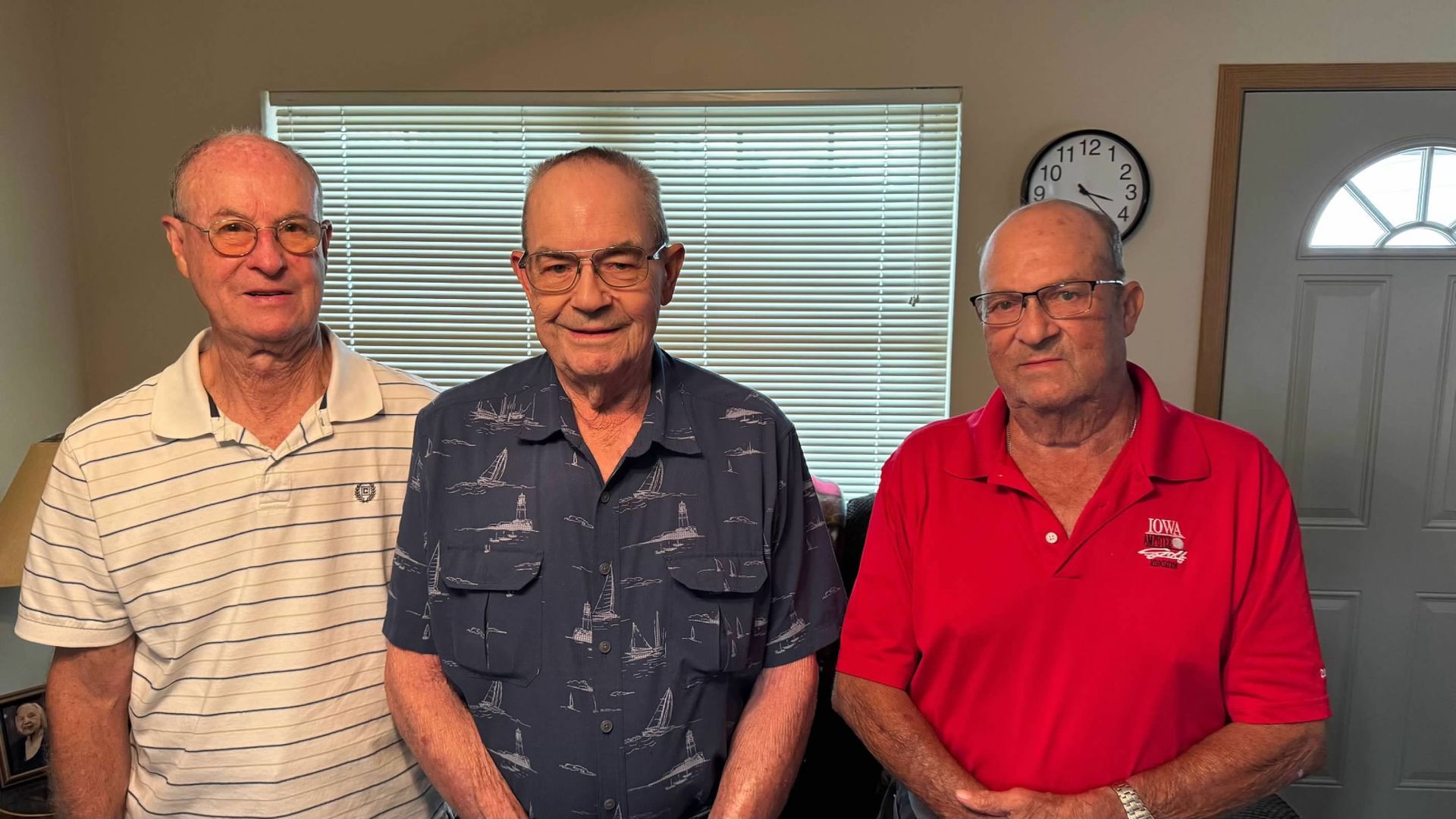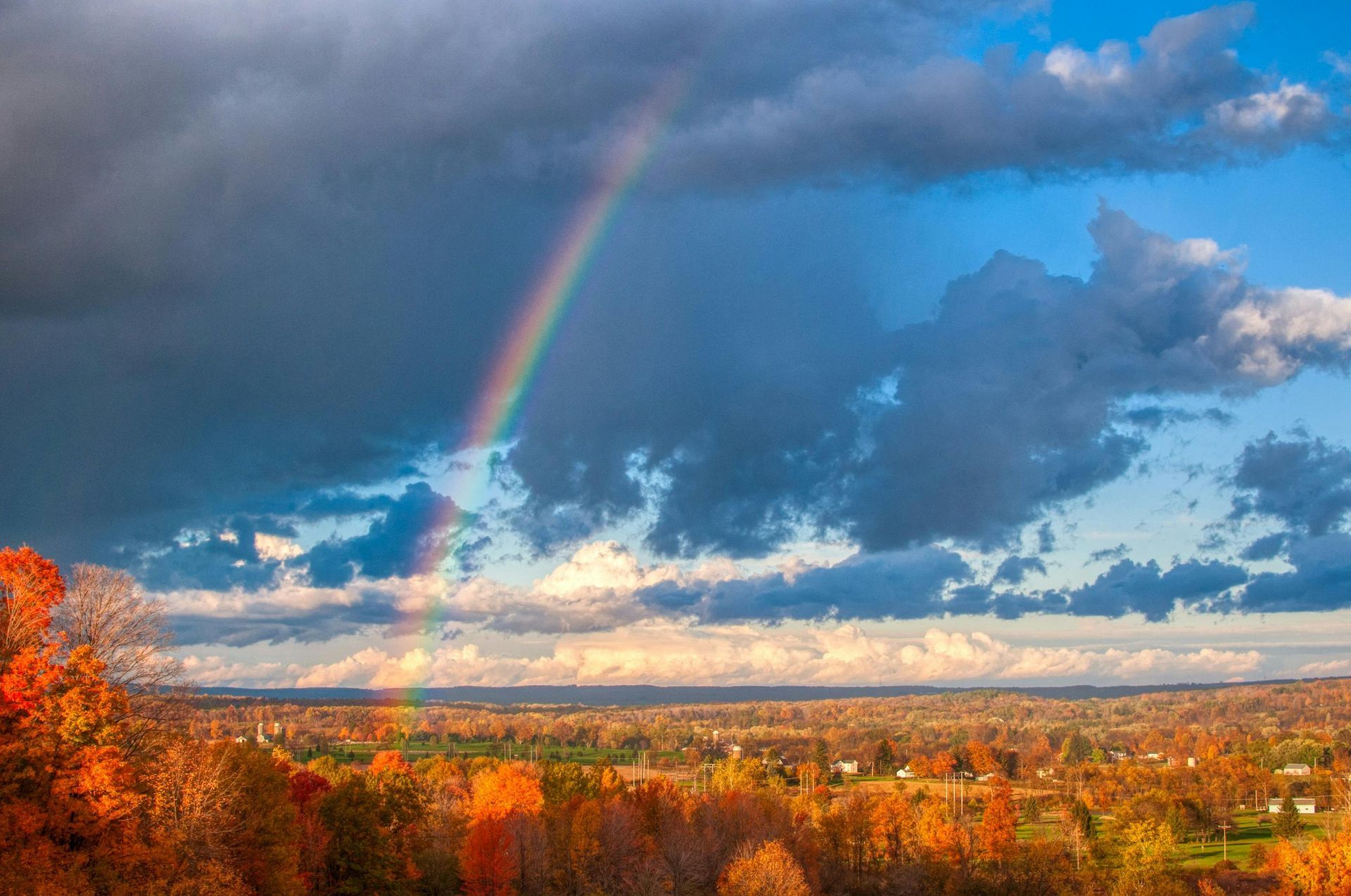Take the Backroads Home
There are 438 miles between Scottsbluff, NE and my house, and that number doesn’t change whether you take the interstate or a much more rural route on two-lane highways. My navigation system also told me that I would add approximately 47 minutes to my trip, if I stayed off the interstate, so I had a choice to make.
Like most, I find rural travel much less stressful than interstate driving. Additionally, I knew that we would enjoy some beautiful scenery if we took the backroads home. Still, facing approximately seven hours behind the wheel on a Sunday, especially after not sleeping particularly well on Friday and Saturday, was daunting, and it was tempting to shorten the trip by sticking to the interstate.
We often miss out on life’s simple pleasures, when we rush from one point to another. We speed through meal preparation to minimize our time in the kitchen, costing ourselves a chance to enjoy healthy creative cuisine. We rush through conversations with family and friends, prioritizing function over depth. We aimlessly scroll through our phones, forsaking the opportunity for quiet thought.
When we subjugate where we’re at and what’s around us for the expediency of what’s next, we introduce unnecessary stress into our lives. That stress not only has harmful physical effects, it also blinds us to opportunities to savor the moment. Now in my mid-50s, I am much more aware of how the small choices I make in life affect the stress that I feel in life and how that affects those around me. Plus, I want to take a little extra time to savor life’s fleeting moments.
Over the years, I’ve learned that time will pass, regardless of our efforts to control it. It’s up to us to use that time in a way that leaves us fulfilled and allows us to be at our best. To that point, it had been 13 years since I had been on those backroads. A little quick math told me that I was 41 back then, and if I wait another 13 years, I’ll be 67 before I touched Highway 2 in Nebraska’s Panhandle.
Conversely, it’s hard to even imagine the number of hours I have spent driving on the interstate. In fact, I’ve spent more than 40 hours on interstates on three separate trips out west in just the past two months. While I’m thankful that I can cover 500 or more miles in just one day of driving, it seemed like it was time to actually enjoy some of those hours, so I steered onto Highway 26 and headed east to meet up with Highway 2. Had I chosen the interstate, I would have been surrounded by other vehicles for most of the trip. On this trip, however, there were times that I went 15 to 20 minutes without seeing another car. Rather than speeding down the interstate with white knuckles, while grumbling about orange construction cones and slow drivers in the fast lane, I felt like I was sitting in my recliner enjoying the scenery around me.
Ironically, we left Scottsbluff in dense fog, so we didn’t see any of the amazing natural formations just east of town, and then it rained. In fact, it rained for much of the first three hours of the trip, and then intermittently as we neared Omaha. Obviously, that wasn’t how I imagined the trip would go. However, even those less-than-ideal conditions didn’t rattle my inner peace.
Because the two-lane highway required less attention and evoked far less agitation than the interstate, I was able to enjoy deep conversations with my wife and adult son, who were along for the ride. Whereas I typically count down miles and minutes on a long interstate drive, I finished the trip relaxed and even took a short side trip through a neighborhood that my son had recently discovered and wanted to show me.
When the pace of your life seems harried, and you feel stress creeping in, step back for a minute and consider how you can improve all of that with a simple change or two. While it’s not always possible to choose the less stressful option, when it is, you should always take the backroads home.

